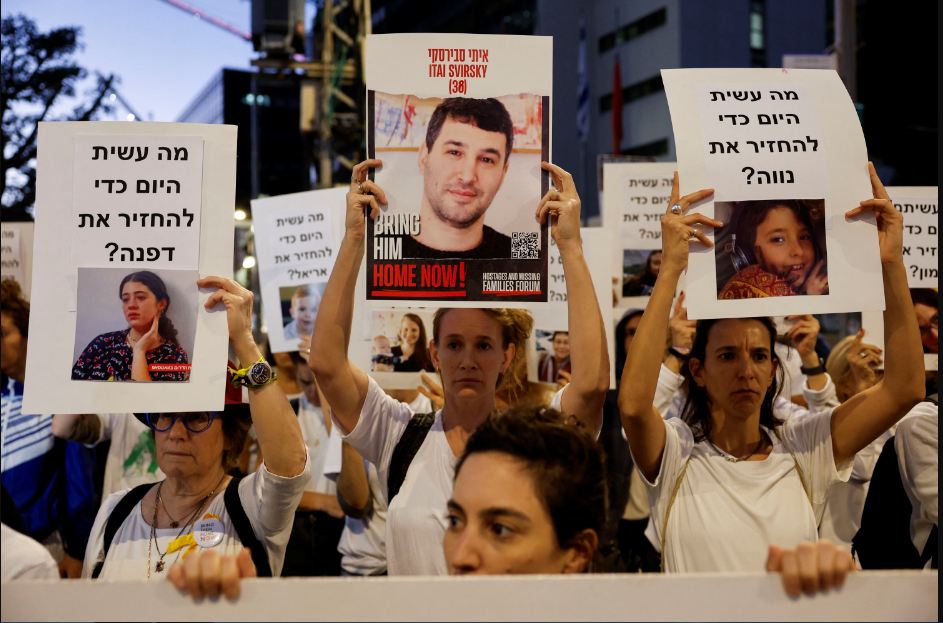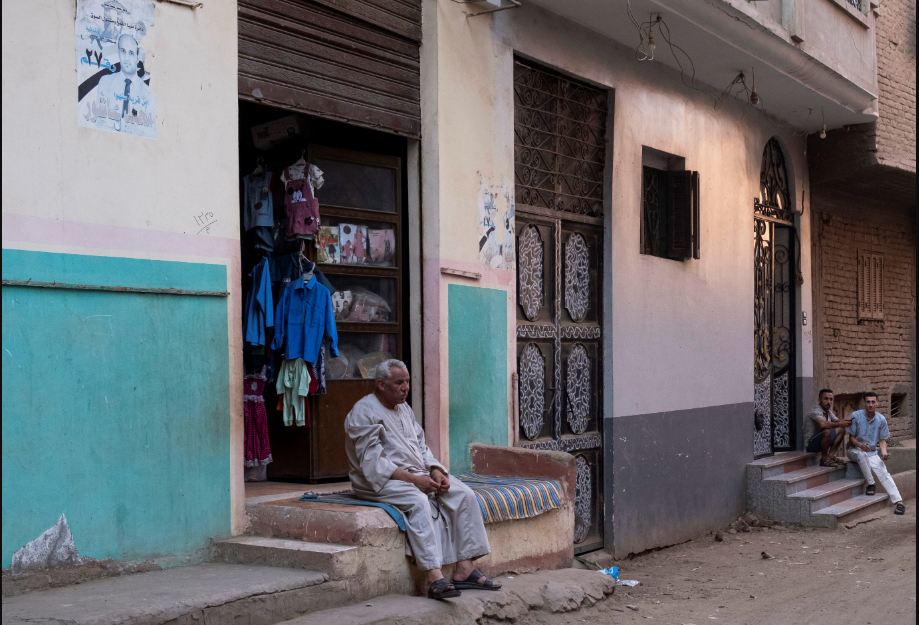‘Wahhabi is an Insult—Call them Muslims’, says Dr. Kéchichian at India’s JNU University
New Delhi — “To call somebody ‘Wahhabi’ is like insulting them”, said Dr. Joseph Kéchichian, prominent American researcher, during a five-day workshop titled ‘New Vision for Saudi Arabia’, held at India’s famous Jawarharlal Nehru University, Delhi, from January 20th to 24th.
Dr. Kéchichian, a senior fellow at the King Faisal Center for Research and Islamic Studies in Saudi Arabia, known for his expertise in Islamic studies and Middle Eastern affairs responded to questioned posed by a JNU’s PhD researcher. He said, “If you decide, of your own will, to follow the Hanbali school, the unitarian traditions… I didn’t use the term ‘Wahhabi’ because that’s a pejorative term”.
He explained that labeling someone as “Wahhabi” can be seen as an insult, as it oversimplifies and misrepresents the beliefs of individuals who are simply practicing Muslims.
According to Dr. Kéchichian, to call someone “Wahhabi” disregards their identity as a believer who follows specific traditions rooted in the teachings of Muhammad bin Abdul Wahhab, a 18th century revivalist, who emphasized the concept of Tawheed, or unity of God. “You might not agree with the unity quest, that’s fine. He believes it, and he doesn’t want you to believe it. You are free to accept or reject it”, he remarked.
The discussion took a broader turn as Dr. Kéchichian explored the exposure of Indian Muslims to different Islamic interpretations, particularly through interactions with Saudi Arabia and its cultural milieu. “Whether or not an Indian Muslim goes to Saudi Arabia and is influenced by these outlooks is a personal choice,” he noted. “It’s up to the individual to decide whether that’s a good thing or a bad thing”.
While Dr. Kéchichian is not a Muslim himself, he underscored the significance of tolerance and respect for all religions. “What I have learned is to be tolerant and respect all religions”, he affirmed, encouraging a nuanced understanding of faith and belief systems.
The five-day workshop, was part of the Global Initiative of Academic Networks (GIAN) at Jawaharlal Nehru University (JNU). It attracted top scholars and PhD candidates eager to explore contemporary issues related to Saudi Arabia and its cultural dynamics.



